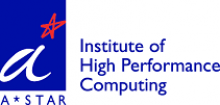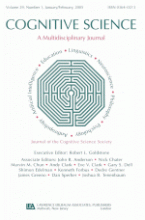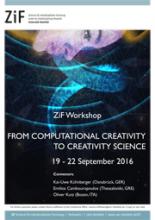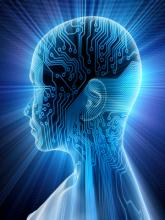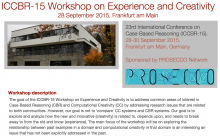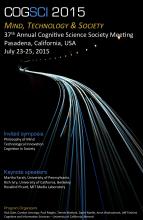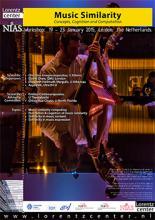Postdoc positions available for Music Cognition group at A*STAR
Posted by Kat on Monday, 22 May 2017If you have a PhD in an area related to Music Cognition, Music Information Retrieval / CS, or Neuroscience, and you're interested in applying your knowledge of music psychology / technology / AI to create music applications to improve people's lives, this position may interest you!
Join a new team of music cognition scientists at A*STAR to research the psychology of music, and create music technology for cutting edge AI and healthcare applications. For more information, please contact Dr. Kat Agres, at kat_agres[at]ihpc.a-star.edu.sg
